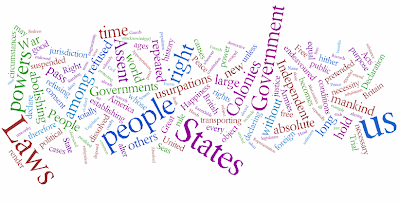UKTV have announced the new name for Gold +1... 'Watch'. And after the success of the Dave rebrand last year, the announcement of 'Watch' has come in for some stick - and I think with good reason.
Before I go into my own thoughts, lets dwell on UKTV's other announced rebrand - Alibi for a second. This is a strong identity and in a sector (documentary channels) which has been undergoing massive upheavels it should prosper. Older, downmarket female audeinces love Crime, and the old model of getting your fix on Five and Discovery is shifting... The Crime Channel has come in to take a bite of Disco's pie, and Five's serving of Crime docs (and drama) is just popularising more specialised digital offerings.
Its fairly clear what you get on Alibi, so its not open to criticism on that count. The only weakness for me is the lack of a clear link to the parent brand - this isn't necessarily a massive problem though, and is in fact reflective of UKTVs strategy - on air trails will link navigation around thier family of channels.
So back to Watch.
I don't like it.
Industry commentators have largely pointed to the fact that the name doesn't reflect the content, and I agree that this is a problem for smaller channels (note that different channels on differing platorms need to behaive in different ways). Every brand - including TV brands need to put the needs of their consumers first and for a TV brand, one of the biggest consumer needs is knowing what to expect from your channel. I'd go further than most buyers though and argue that as well as overlooking their viewing consumer, UKTV have also overlooked thier media audeince.
TV brands aren't just selling to consumers, they're selling to agencies too.
I don't see how Watch would ever become integral to a media or coms strategy. I can see how Dave might... 'the home of witty banter' fits well with trends in lads lives... 'a place to watch... things' does not.
Broadly speaking there are two types of TV channel from a planning point of view: Ones which must be on your plan (because they fit the strategy) and make weights, ones which get on the schedule purely becasue they happen to be there. For me UKTV Gold +1's rebrand was a chance to move away from the big bucket of impacts that so many also ran channels supply and give planners and buyers a reason to put it on the plan for its own merits. Calling it Watch doesn't do that and as such is a mistake.
To me, Watch was a late 70's history show for kids with a natty dancing plasticine intro. Younger readers will have no idea what I'm talking about - check out TV Cream if you want some heady nostalgia.
To thousands of UKTV viewers as well as the media industry... well I'm not to sure what it will mean.
Finland fact of the day
1 hour ago





